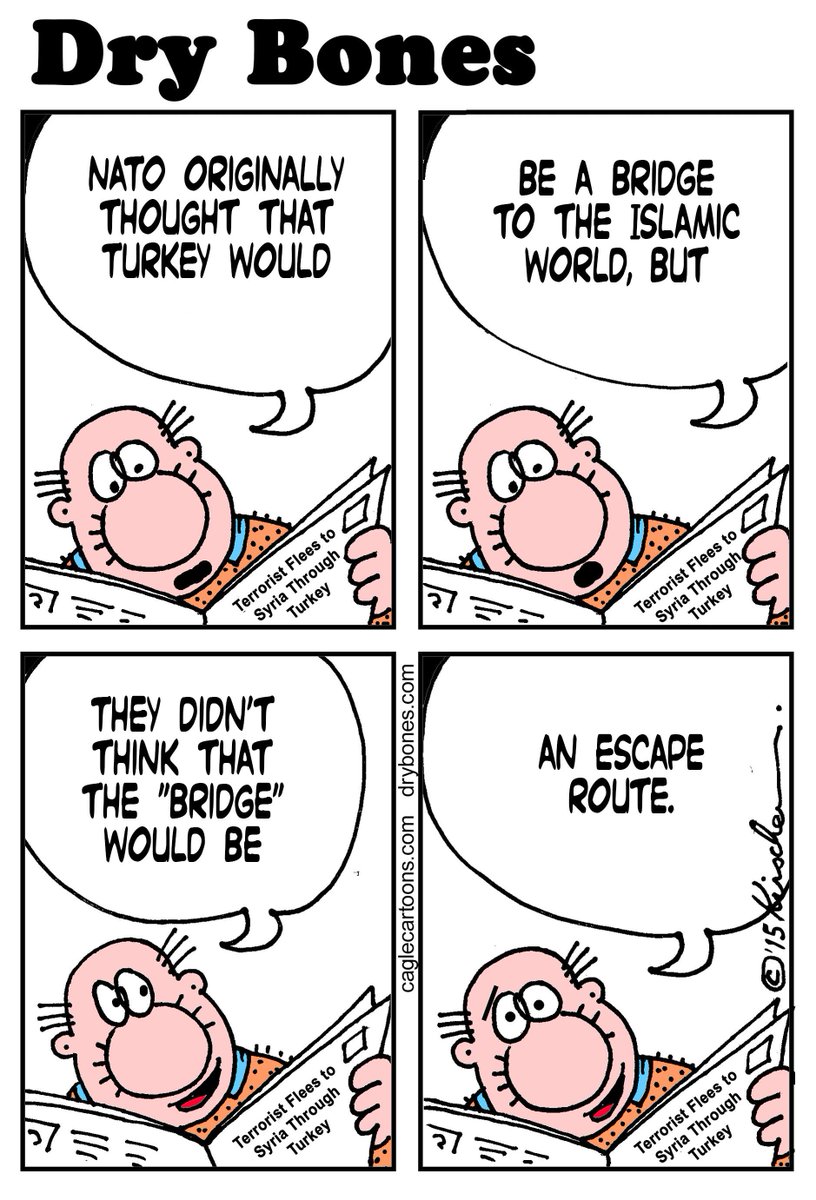During those eight years [of President Bush], there was no space between us and Israel, and what did we get from that? When there is no daylight, Israel just sits on the sidelines, and that erodes our credibility with the Arab states.
Obama, July 13, 2009
o Clinton called Prime Minister Rabin on January 23 and met with him 2 months later.o Bush called Prime Minister Sharon on February 6.o Obama spoke with Olmert on January 2 (before his own inauguration) and then called Netanyahu on April 1, the day after Netanyahu was sworn in.o Trump spoke with Netanyahu on January 22, and hosted him the following month.
Last Friday, during a White House press briefing, press secretary Jen Psaki was asked what seemed to be a straightforward question:
Can you please just give a broad sense of what the administration is trying to achieve in the Middle East? For example, does the administration still consider the Saudis and the Israelis important allies?Her response was a painful attempt to avoid giving an answer:
Well, you know, again, I think, we, there are ongoing processes and internal interagency processes, one that we, I think confirmed an interagency meeting just last week to discuss a range of issues in the Middle East where we've only been here three and a half weeks.
And I think I'm going to let those policy processes see themselves through before we give kind of a complete lay down of what our national security approaches will be to a range of issues.
The new secretary of state, Anthony Blinken, has ‘publicly said the IRGC, the Iranian terror group, should never have been put on [the State Department’s] terror list, because that would “provoke” Iran’. Robert Malley, the chief negotiator of the Iran Deal, is a ‘public, unabashed supporter of the mullahs, an unabashed supporter of Hamas’.
Not forgetting lesser luminaries like Maher Bitar, who used to be on the board of the racist Students for Justice in Palestine and is now the NSC’s senior director for intelligence programs. Or Hady Amr, who used to be national coordinator of the anti-Israel Middle East Justice Network, has written of being ‘inspired’ by the Palestinian intifada, and threatened vengeance after Israel assassinated a Hamas leader. Amr is now deputy assistant secretary of state for Israel-Palestine.
Walter Russell Mead of The Wall Street Journal writes about Biden’s Rough Start With the World, claiming that "this has been one of the shortest and coldest diplomatic honeymoons on record," referring to Biden's boast that "America is back" not being welcomed by US allies quite as enthusiastically as Democrats may have expected. In Europe, American "wokeness" is being rejected by France while Russia and China are being viewed as attractive trading partners by Europe, ignoring Biden's talk of human rights.
And in the Middle East:
Iran is showing no eagerness to ease the administration’s path back into the 2015 nuclear deal. And both Israel and the conservative Arab states resent the American shift in that direction.
After just 4 years of Trump, Biden might just discover that this is no
longer Obama's Middle East.
Or world.

 Elder of Ziyon
Elder of Ziyon


































